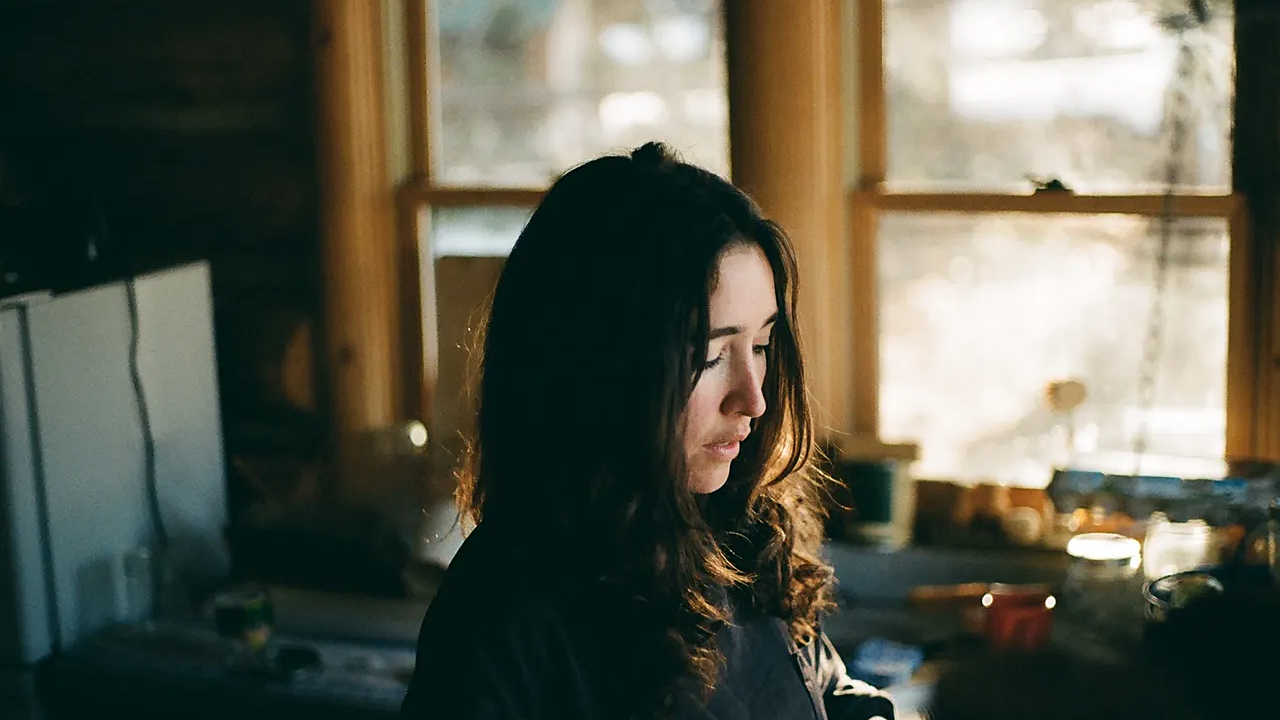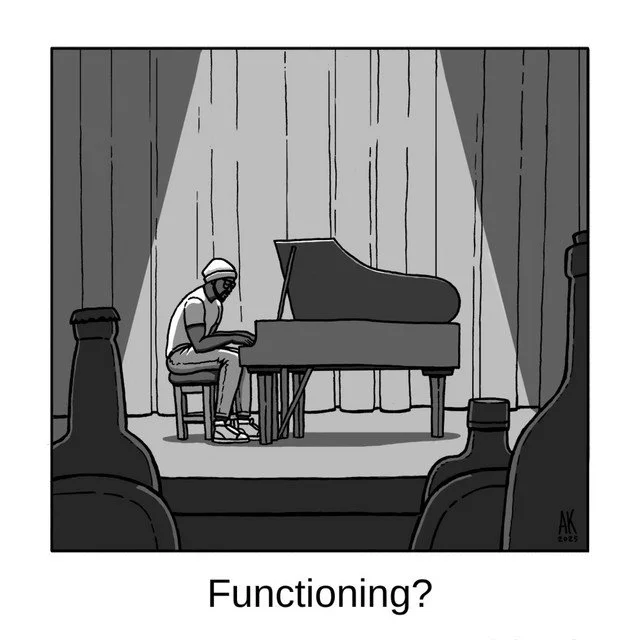Odelet Finds Confident Stillness and Analog Soul in Lush, Lyrical Soundscape "Raindance"
A rain-kissed koi knows precisely when to break the pond’s mirror—just as Singer-songwriter Odelet decides when to let sound disturb silence on “Raindance”, her quietly audacious fourth (and fifth, counting its forthcoming 1970s-dub twin) studio statement. Rather than roar, the Detroit-born multi-instrumentalist favours a deft ripple: every Fender-Rhodes sigh, every brushed-snare caress, was captured on two-inch tape and then sculpted by analog sage Larry Crane. The result feels less like a record and more like a weather system you inhabit—humid, fragrant, unhurried.
Indeed, opener “Know It All” arrives like mist over harbour lights, laid-back drums and neo-soul chords cushioning lyrics that question presumption with Zen brevity.
Tell me somethin
That I don’t already know
It’s as if it’s about to blow
Better ready to set & go
What if this is much more than you’ll ever know
“Dirge”, however, replaces cool confidence with sepia unease; its sleepy bass line and marble-statue imagery expose how comfort can ossify into inertia. Raindance regains stillness on “Be Still,” where plush drums and shimmering piano overtones orbit a moon-and-sun lovers’ chant—Odelet transforming cosmic cliché into lullaby through sheer sincerity.
Moreover, the title track floats in on multi-tracked vocal pads so velvety they threaten to smother the brass filigree beneath; Crane’s mix here is luxurious, though a touch more top-end air might have granted the harmonies greater translucency. “Jezebel” counters that plushness with noir-tinged Rhodes stabs and lyrics that recast the biblical exile as lunar oracle—proof that Odelet’s pen, while economical, rarely settles for platitude.
In addition, “Bayou” steeps its call-and-response hook in humid piano keynotes, evoking moss-draped porches and cicada choirs. “Think It Over” then shifts from Cajun dusk to cerebral morning: a gentle 5/4 shuffle encourages reflection without dislodging the album’s pulse. Here, as elsewhere, her vocal delivery—nonchalant on the surface—lands with persuasive gravitas, like advice whispered by someone who has already survived the outcome.
However, the constant languor occasionally risks homogeneity. “Up Up and Away,” despite its jubilant lyric, glides so effortlessly that tension evaporates; one craves a disruptive modulation or sharper drum accent to justify its title. The same applies to “Wake Up Call,” whose gospel-leaning chorus warms the heart yet never fully ignites the gut. Still, these are faint clouds on an otherwise luminous horizon.
The journey concludes with “Sands of Time,” a delayed-tape reverie where cymbals shimmer like heat haze and lyrical repetition drifts toward mantra. In fact, the cut distils the album’s thesis: love, memory, and self-acceptance are rivers you may revisit, never replicate.
Raindance ultimately invites listeners not to chase catharsis but to float inside it. Its retro-soul grammar, analog complexion, and quietly fearless songwriting prove that tranquility can be as radical as thunder, provided the artist knows when to surface—and when to let the pond remain still.
Enjoyed the read? Consider showing your support by leaving a tip for the writer
TRENDING NOW
CONNECT WITH US
FEATURED





![[EP] — Plàsi Charts a Tender Sonic Pilgrimage on "Camino", Weaving Alt-Folk Intimacy with Expansive Elegance](https://images.squarespace-cdn.com/content/v1/5aa7771212b13fa2b4ca6cb5/1752123465347-TARPV5FT0HG5LPLZK42R/plasi-ep-main-press-image-by-amanda-gylling-1749580138312.jpg)

![[EP] — dwn bad Unveils Raw Vulnerability and Indie Rock Precision on Stirring Debut EP "Good Luck Have Fun"](https://images.squarespace-cdn.com/content/v1/5aa7771212b13fa2b4ca6cb5/1751972236718-PUP5RAALJHJJ8EVFW63D/dwnbad1-1749741634760+%281%29.jpg)









“There For You”, the return single from Los Angeles-based queer artist Nick Catoire, is a confessional letter left open on a nightstand, still damp from tears, addressed to the one who never truly stayed…